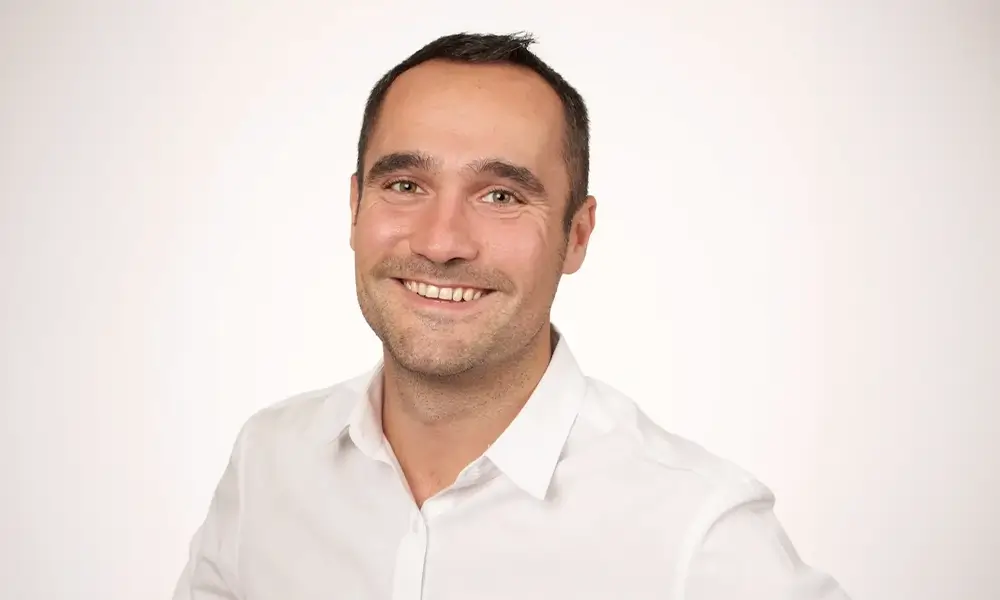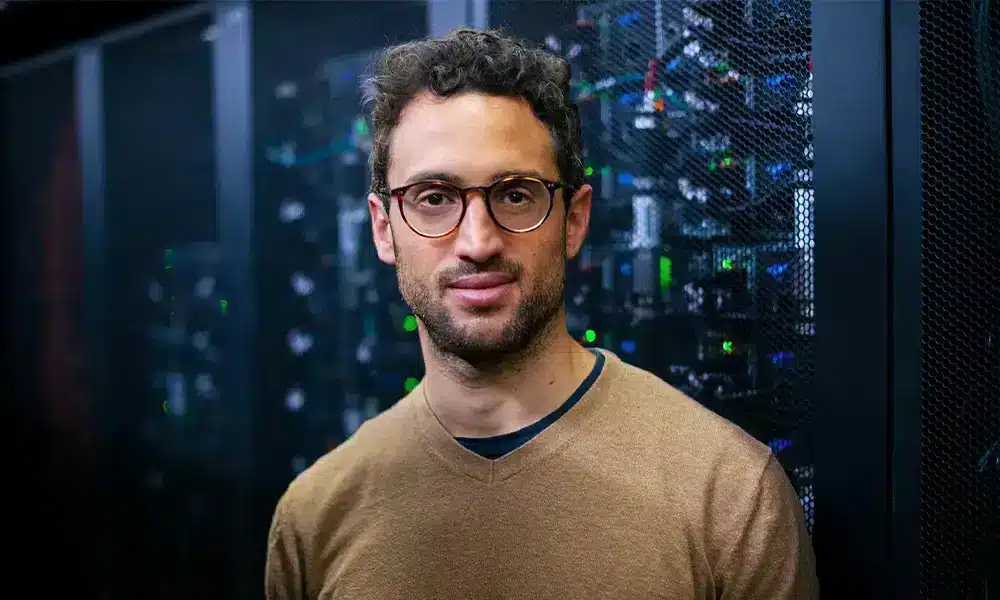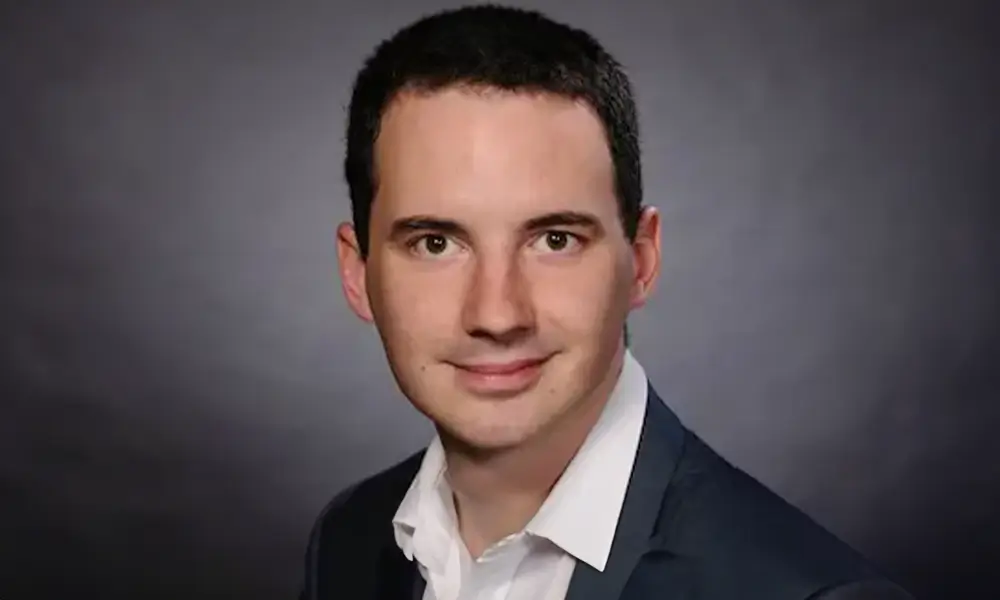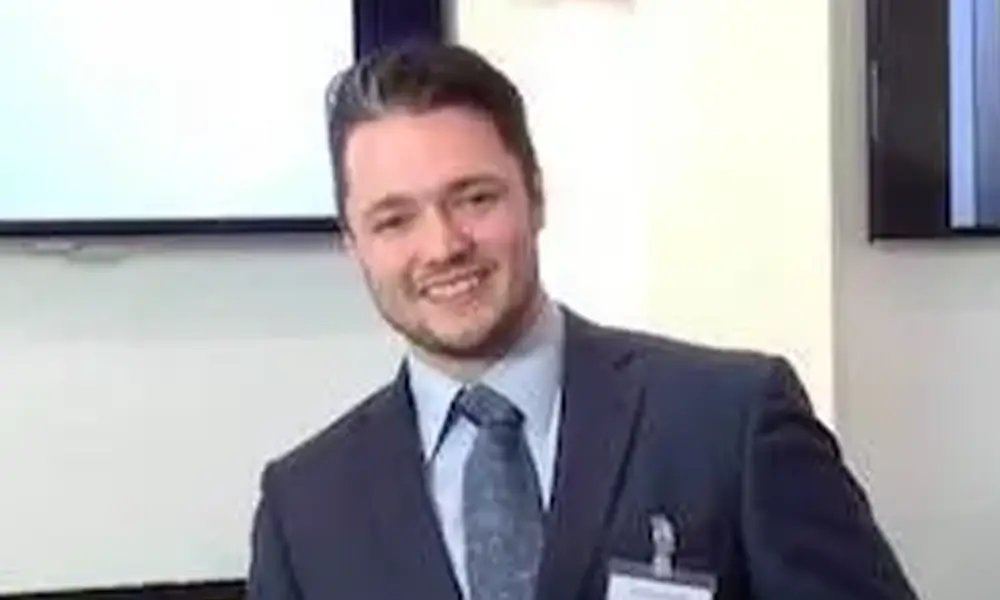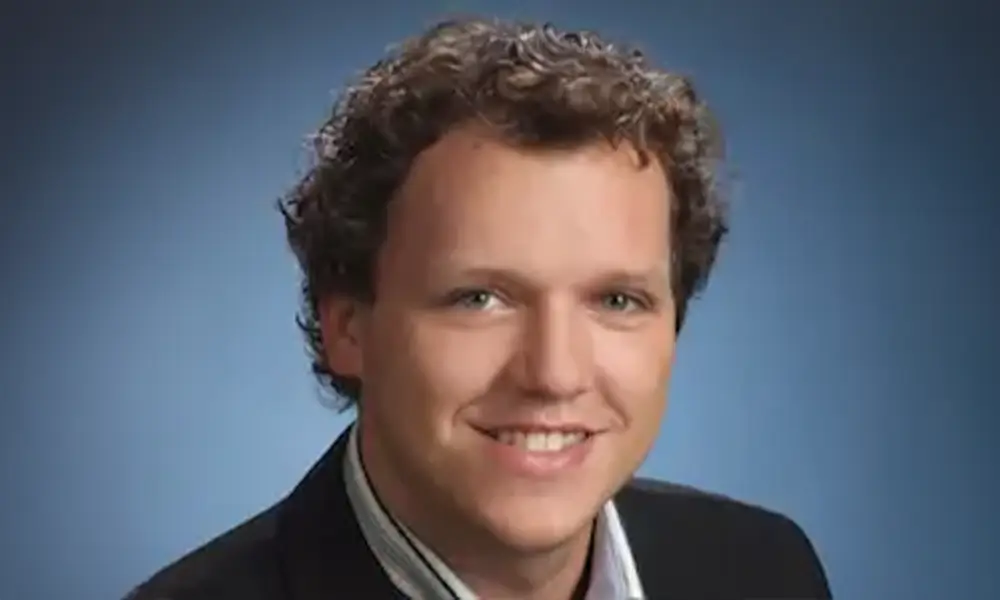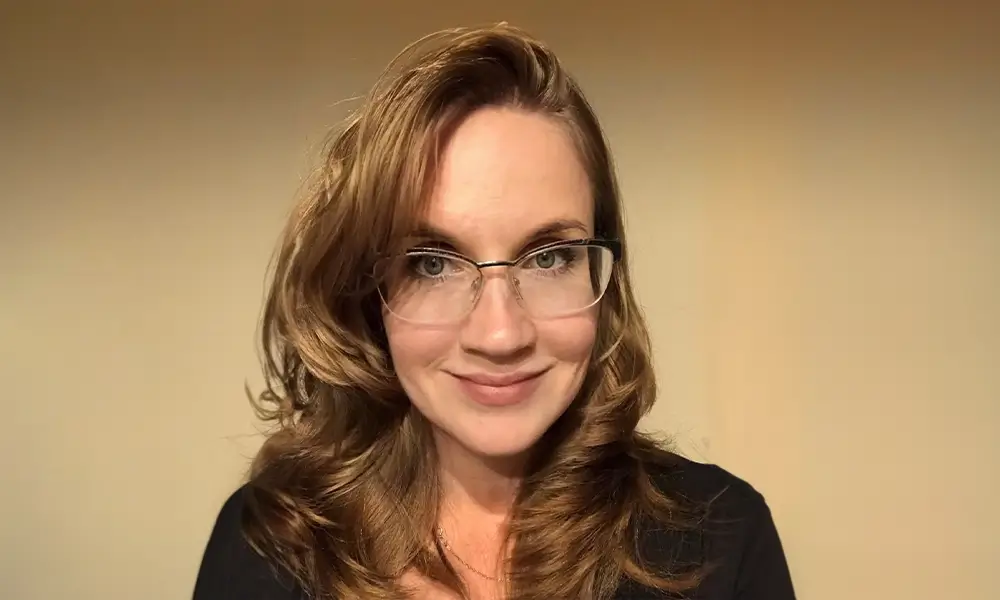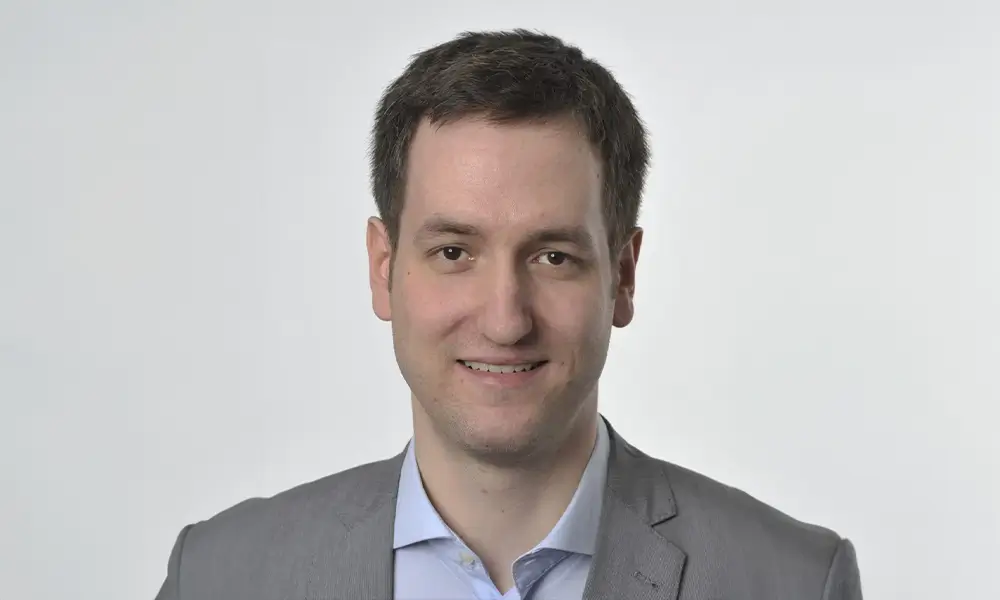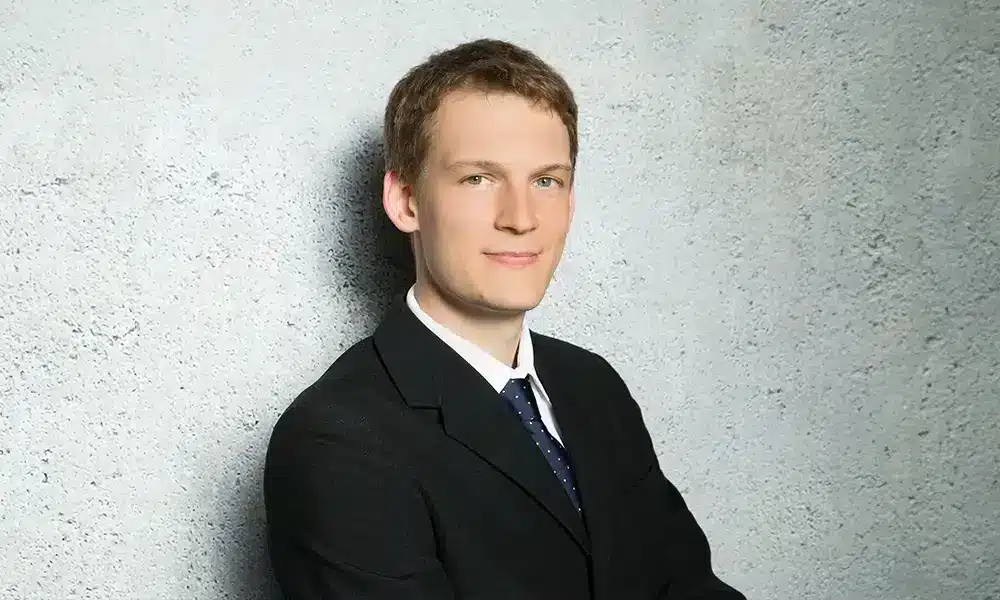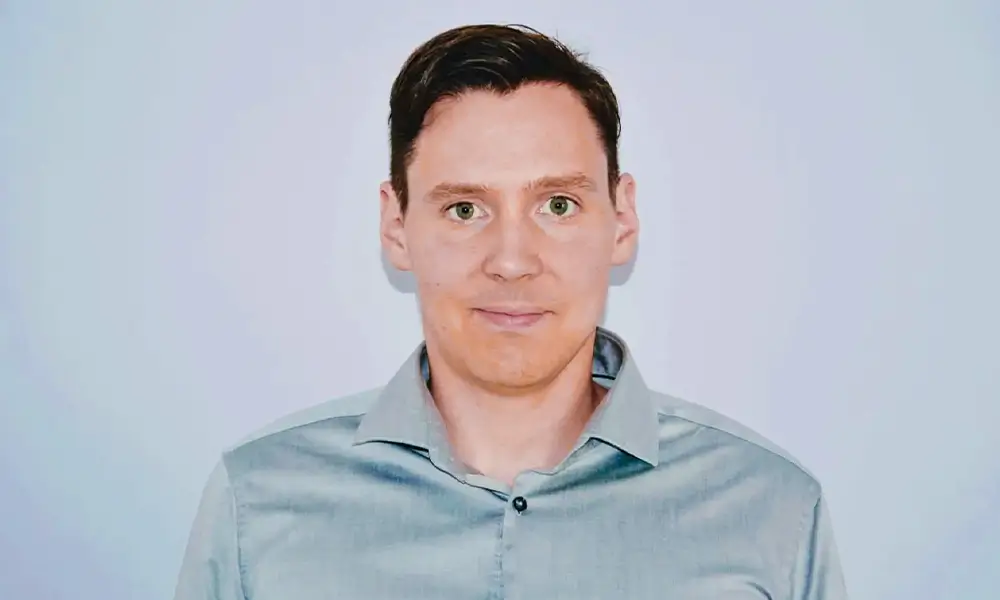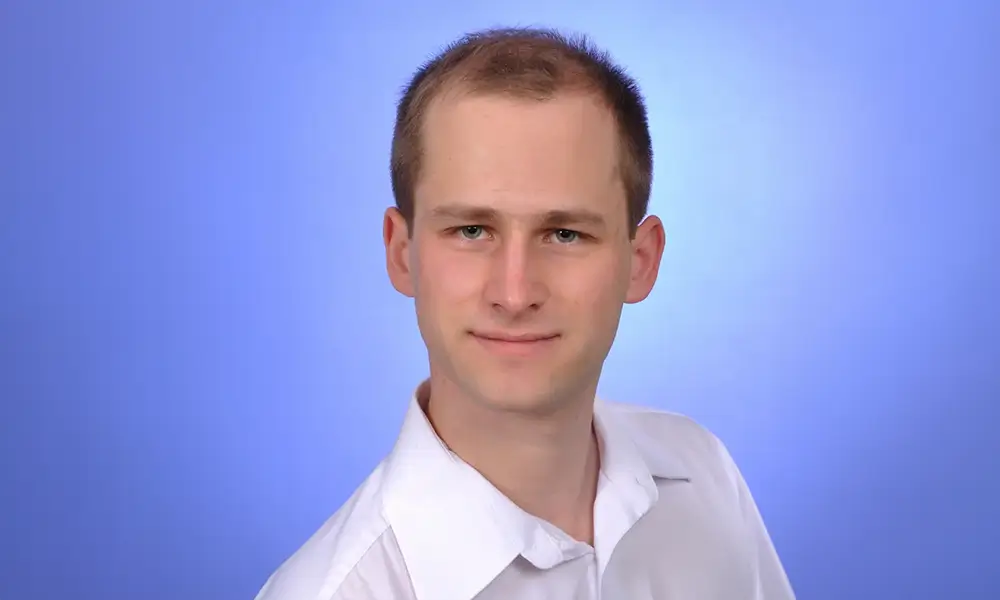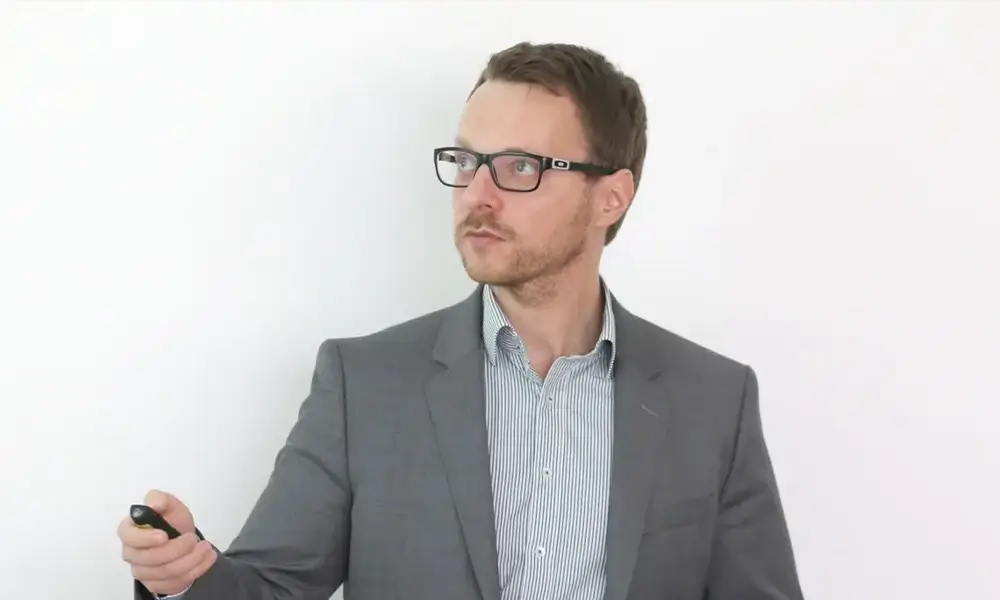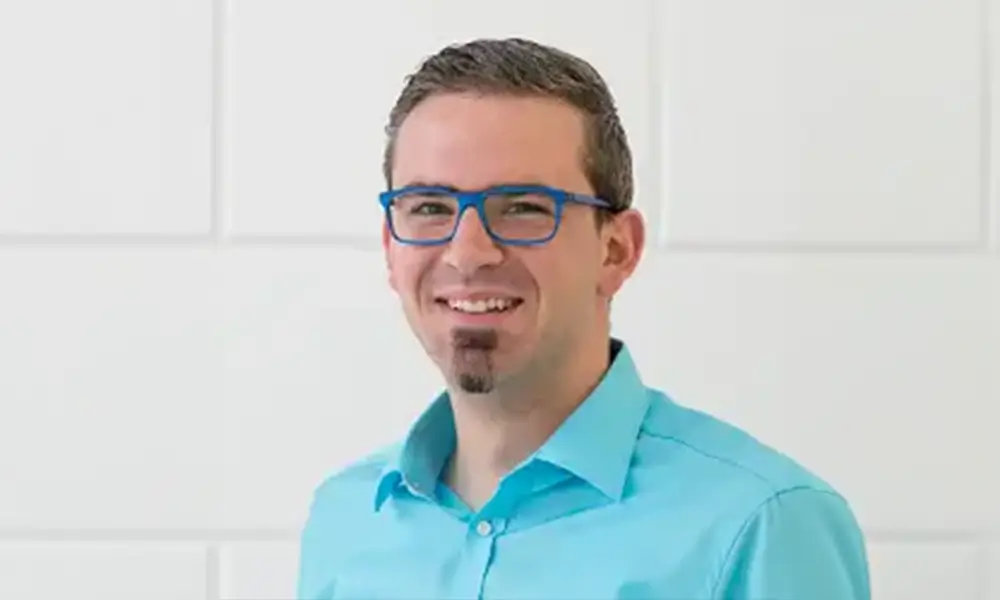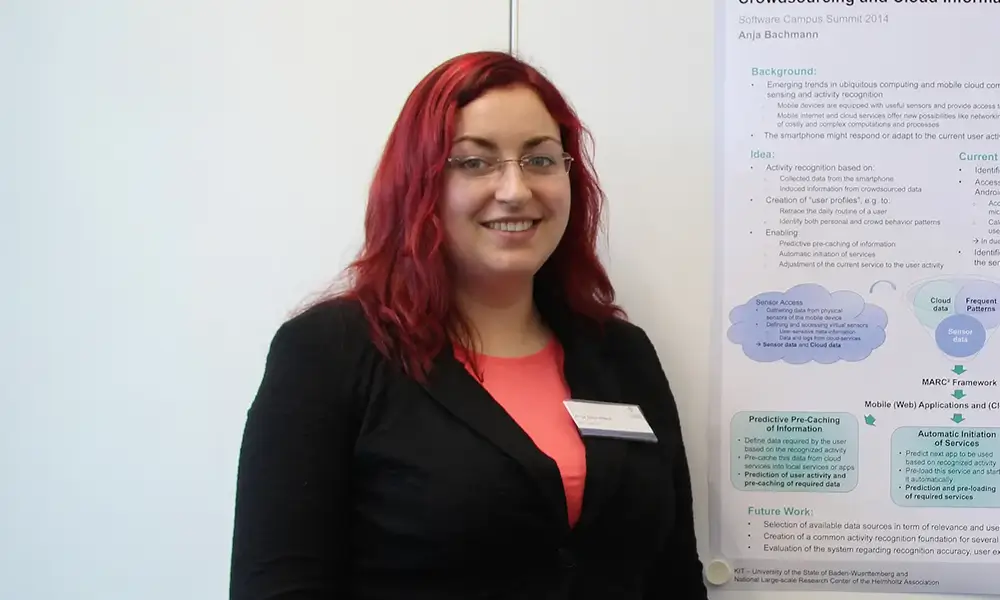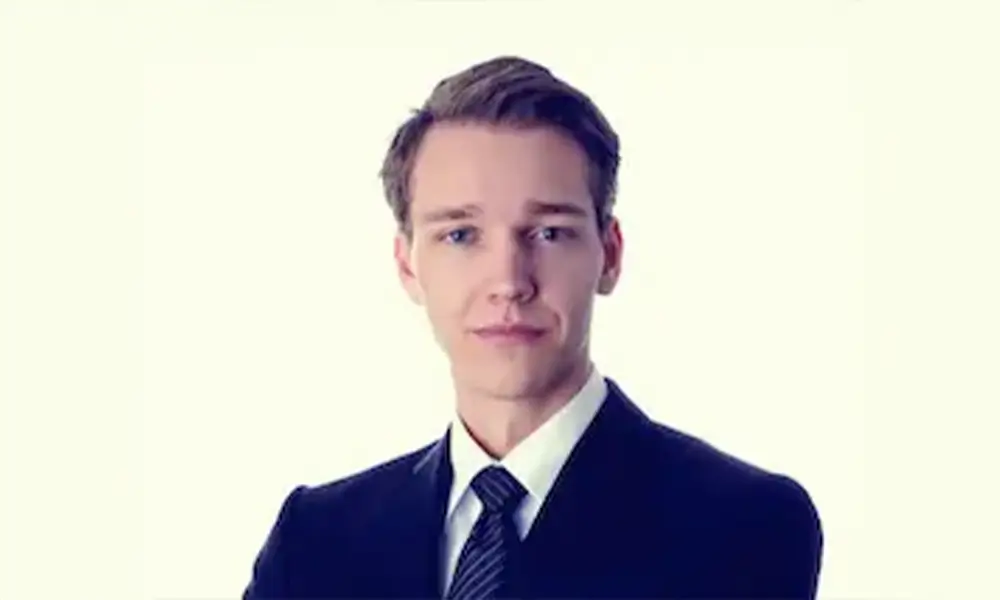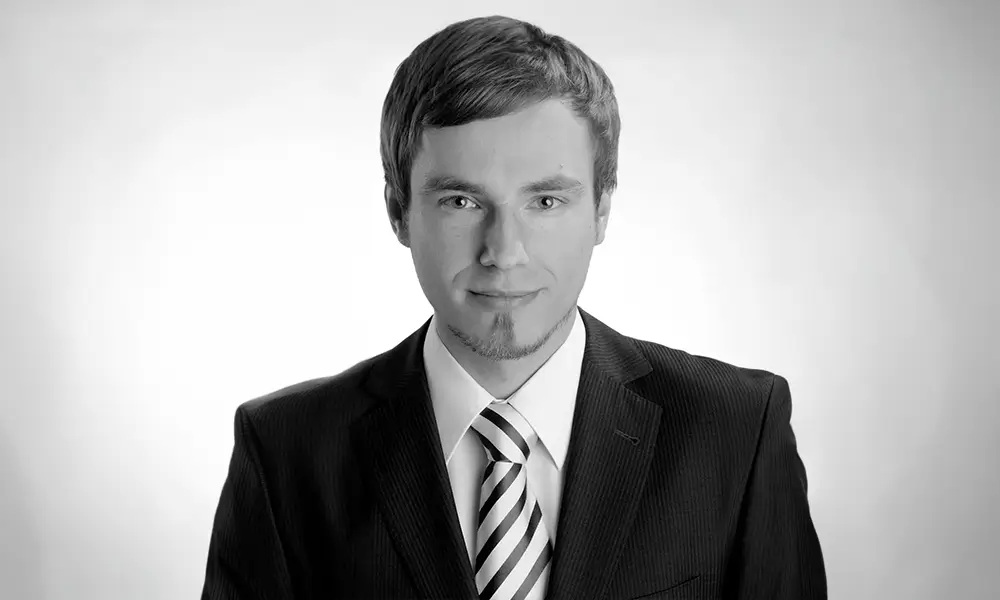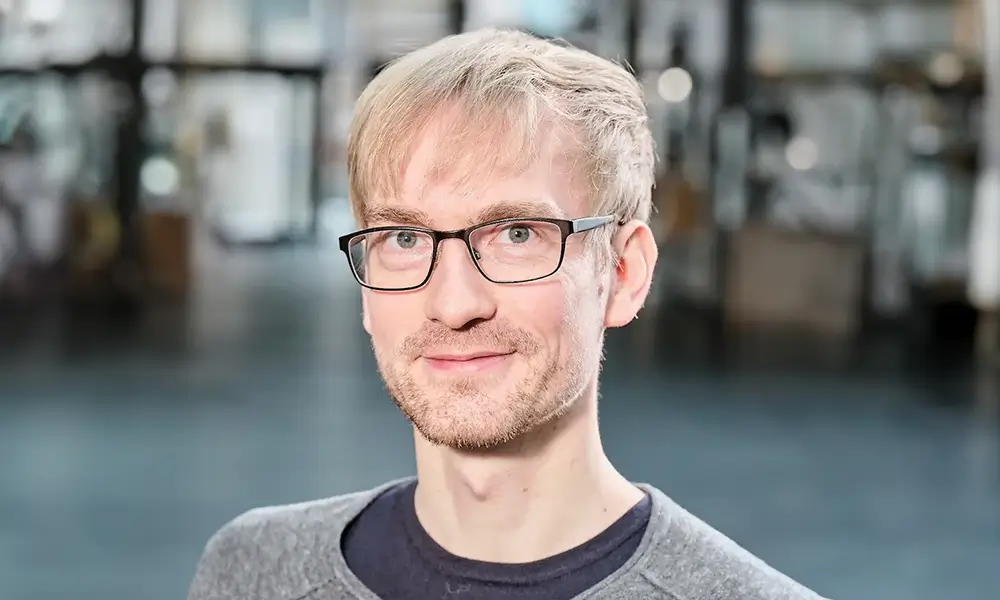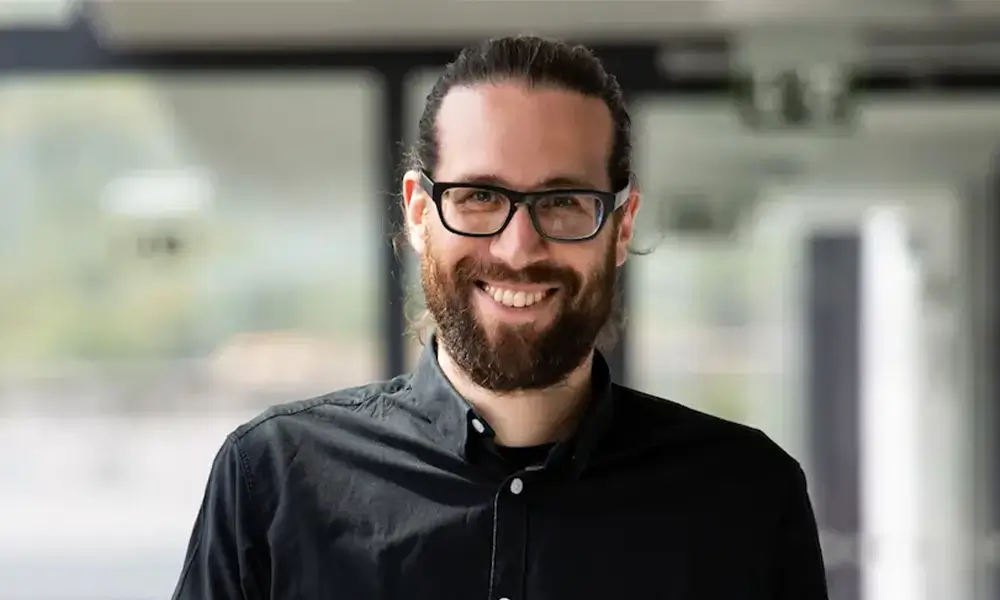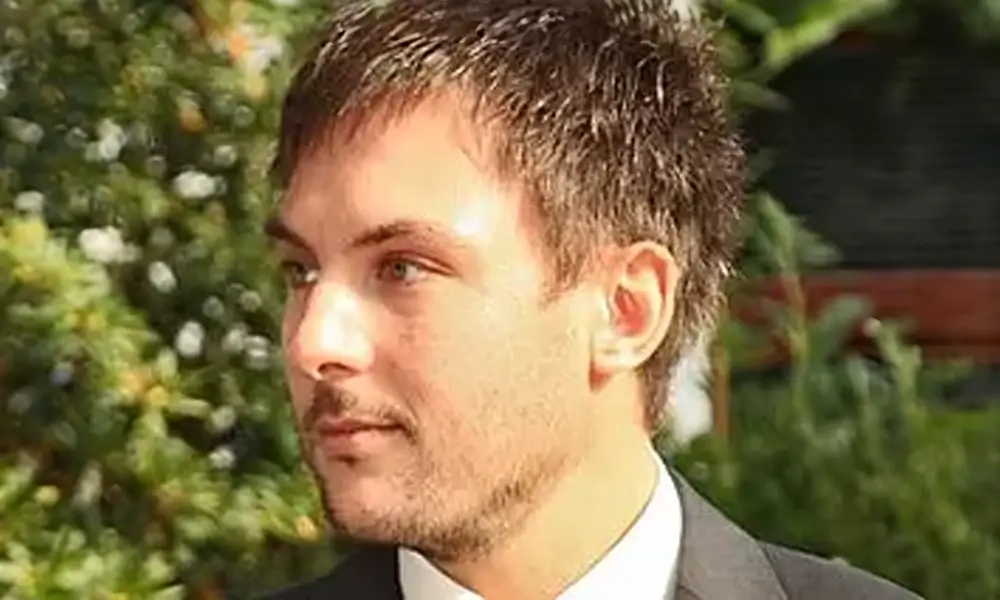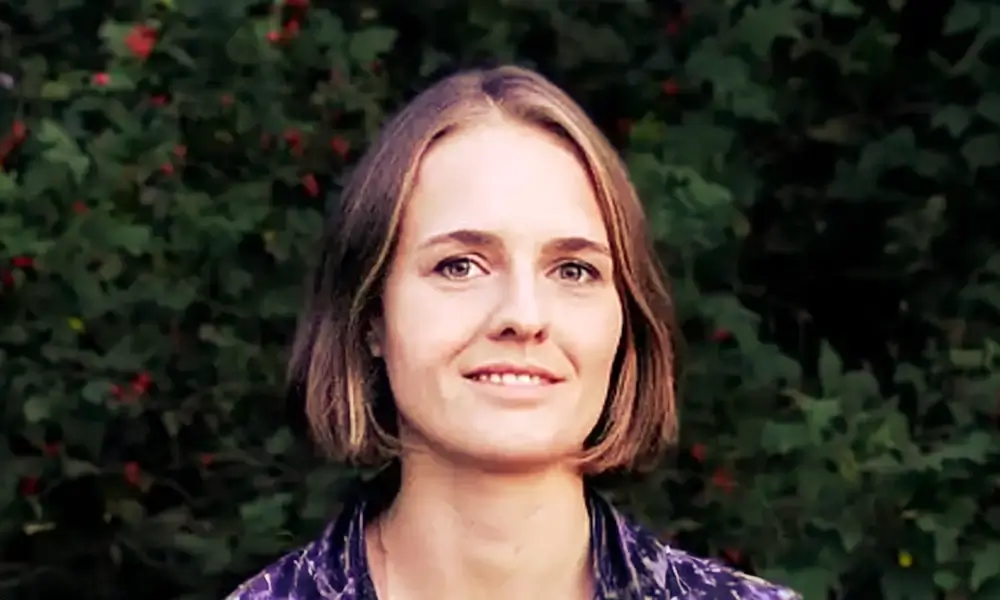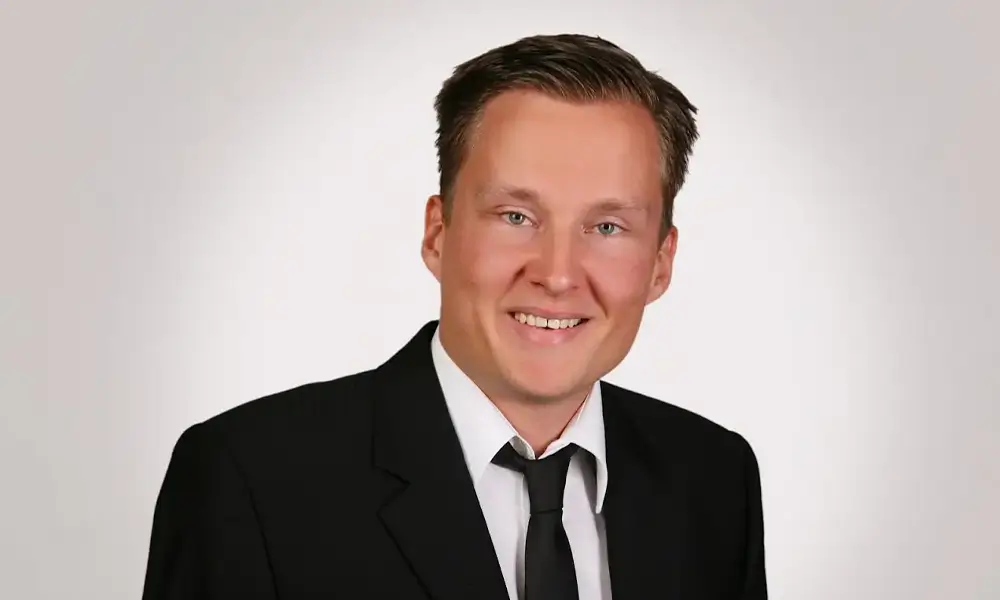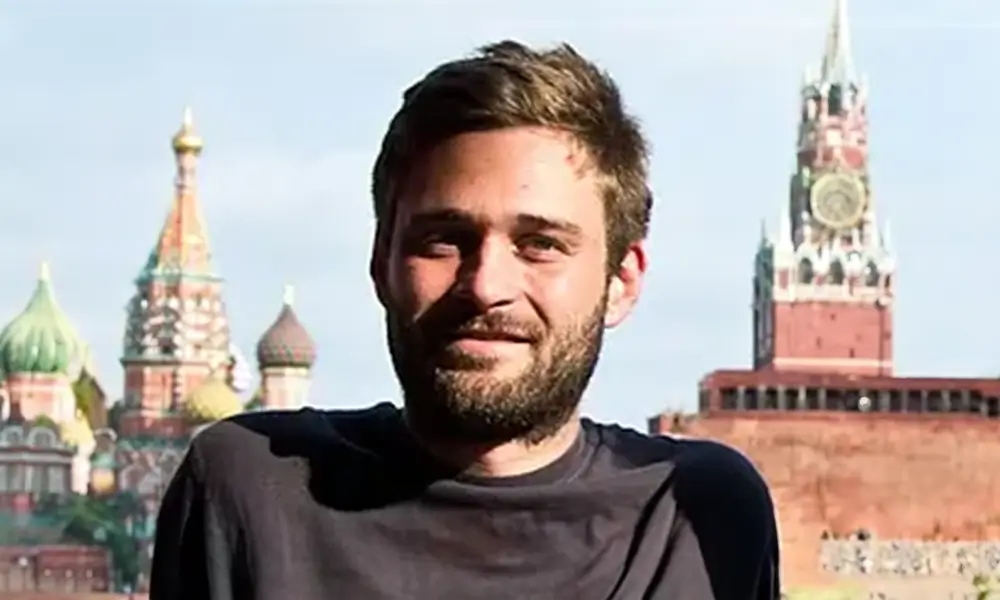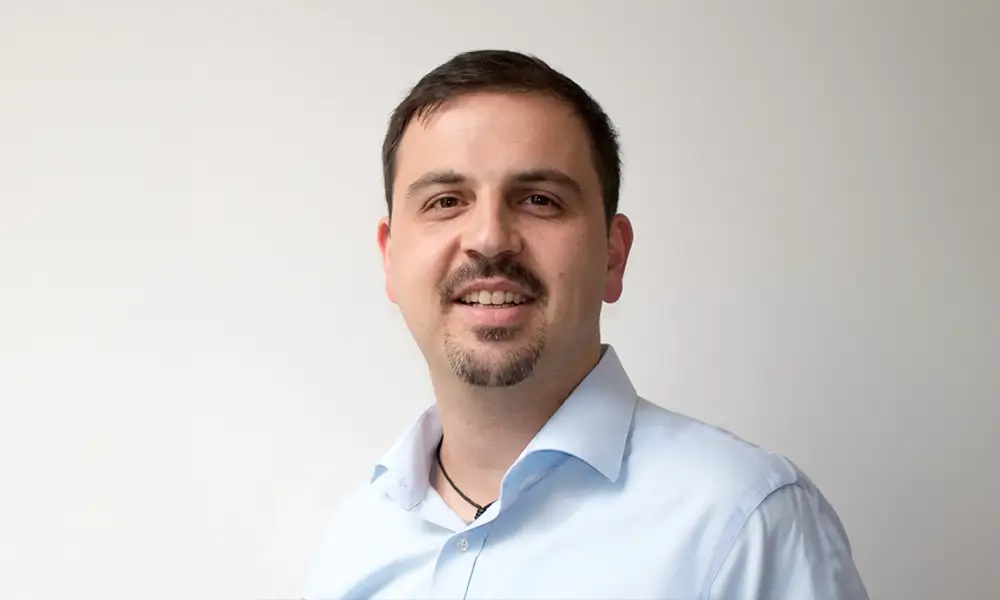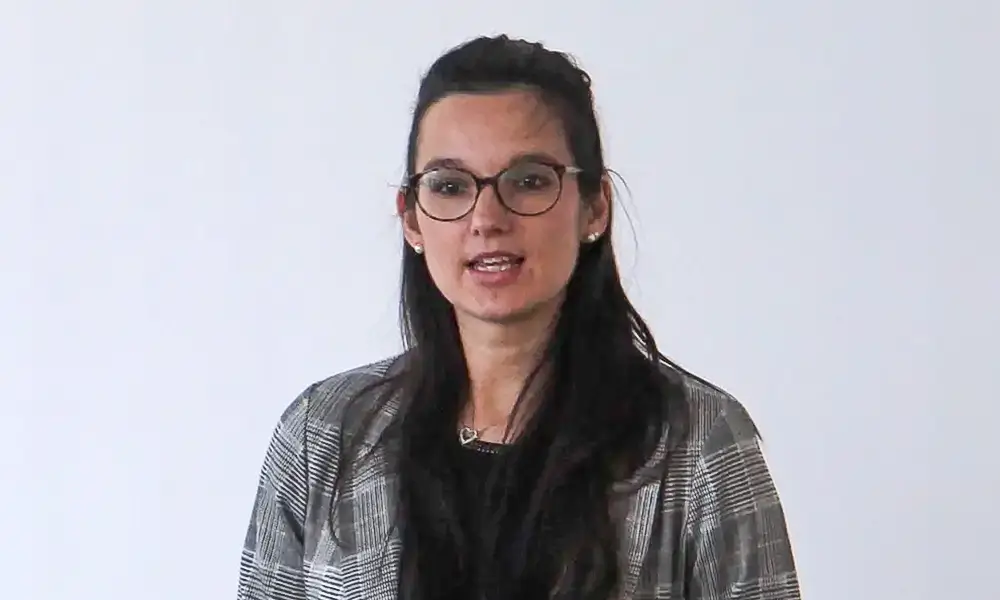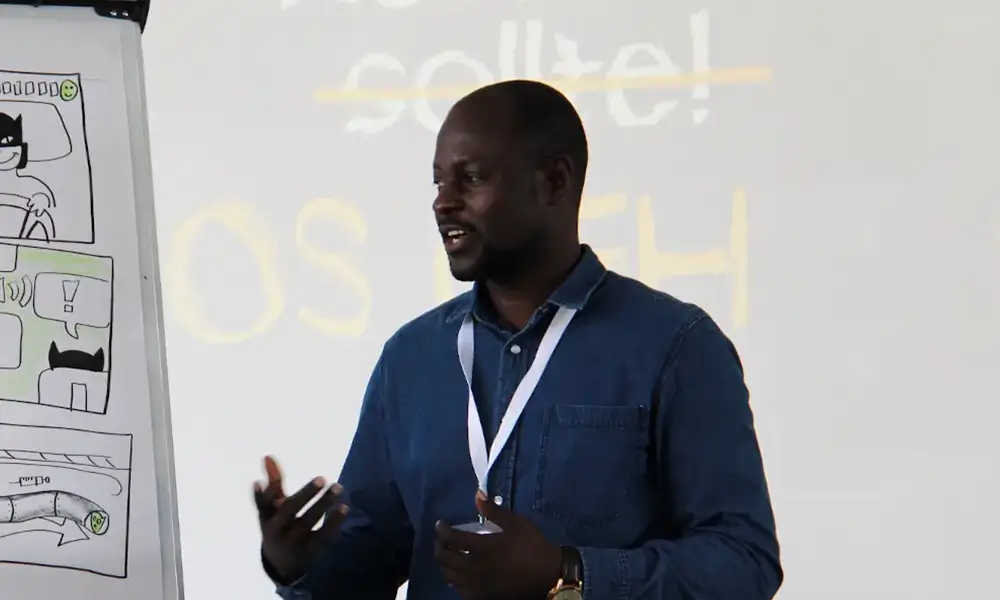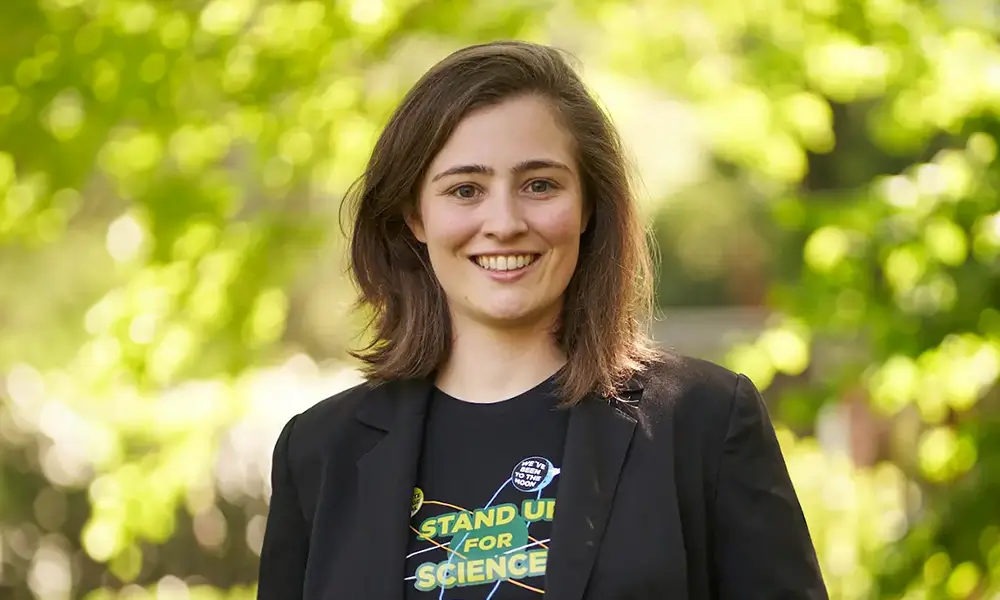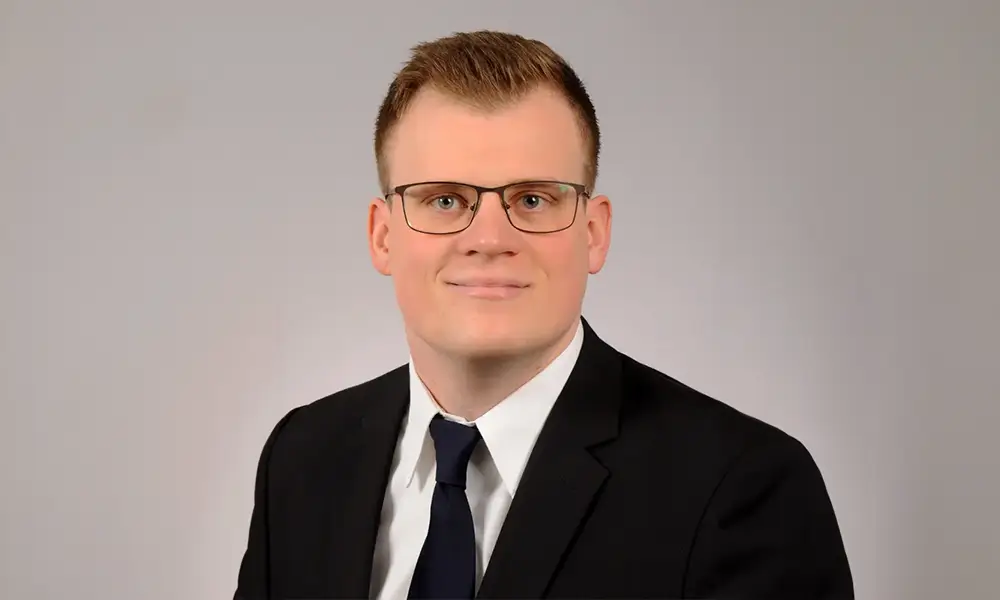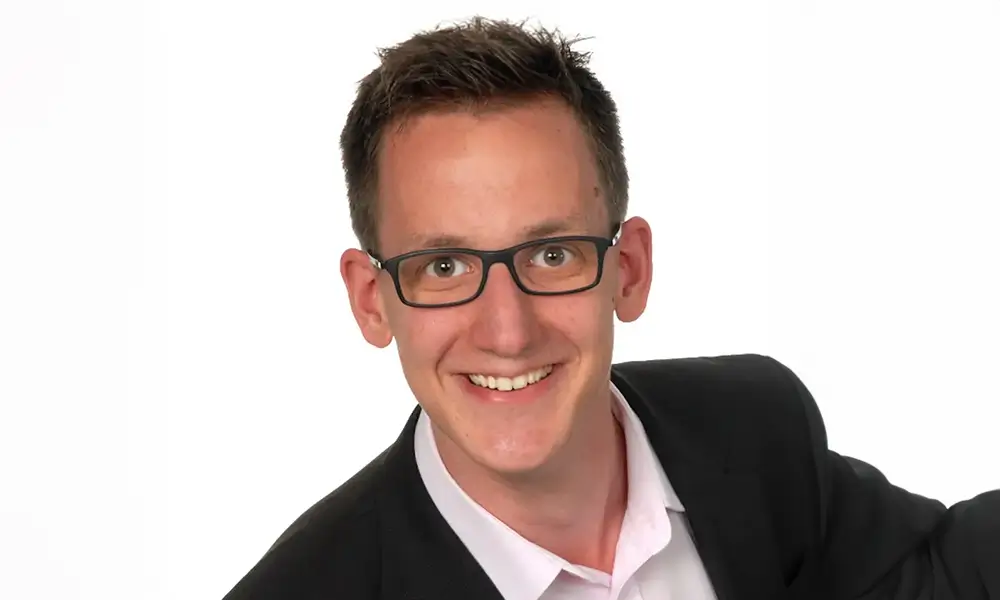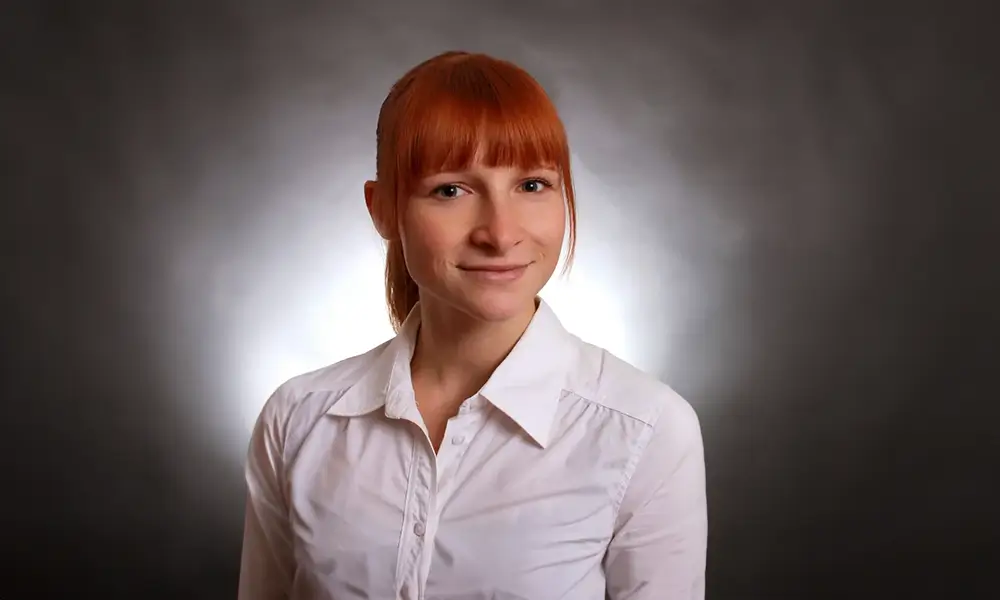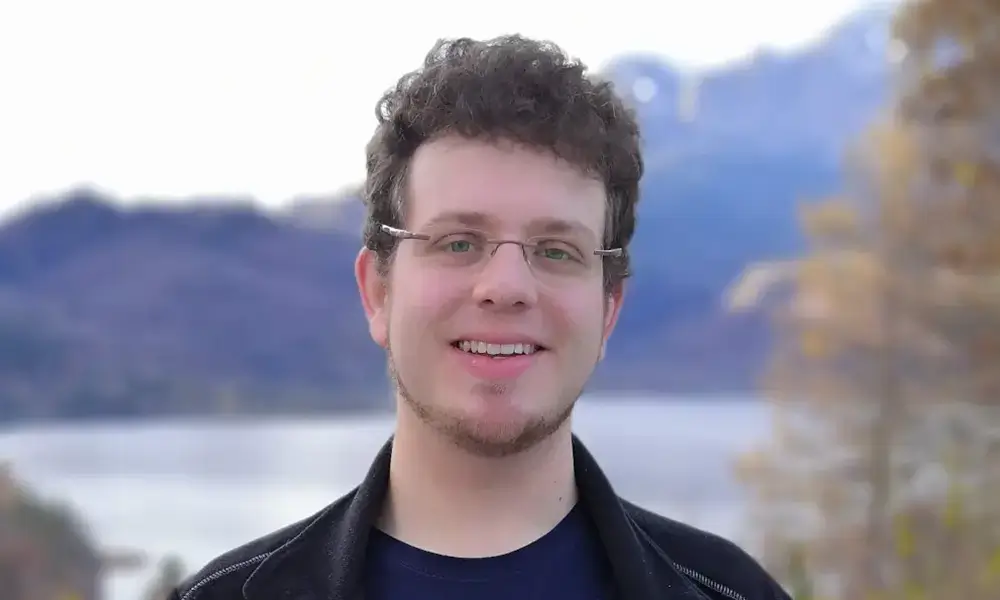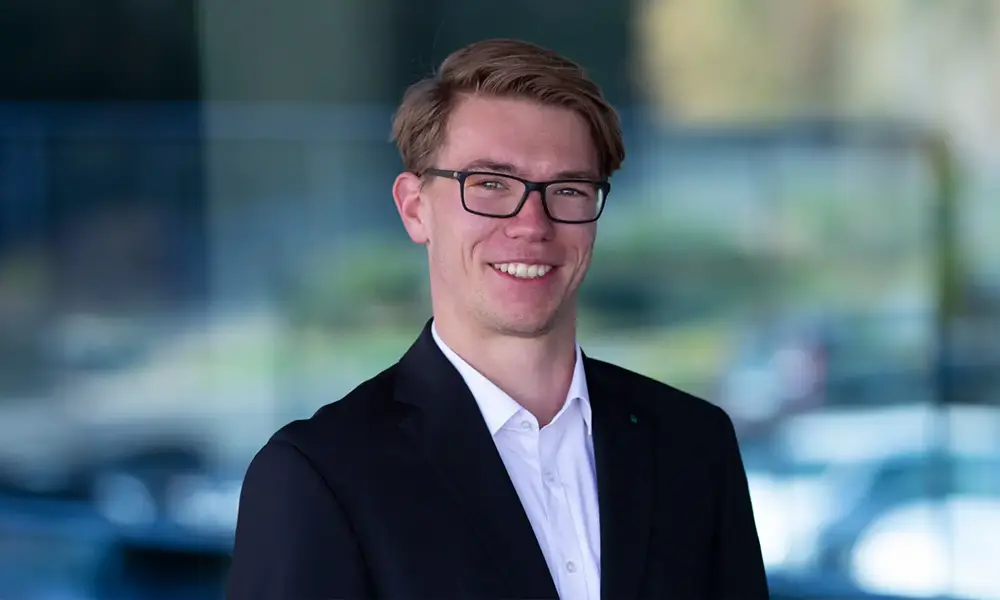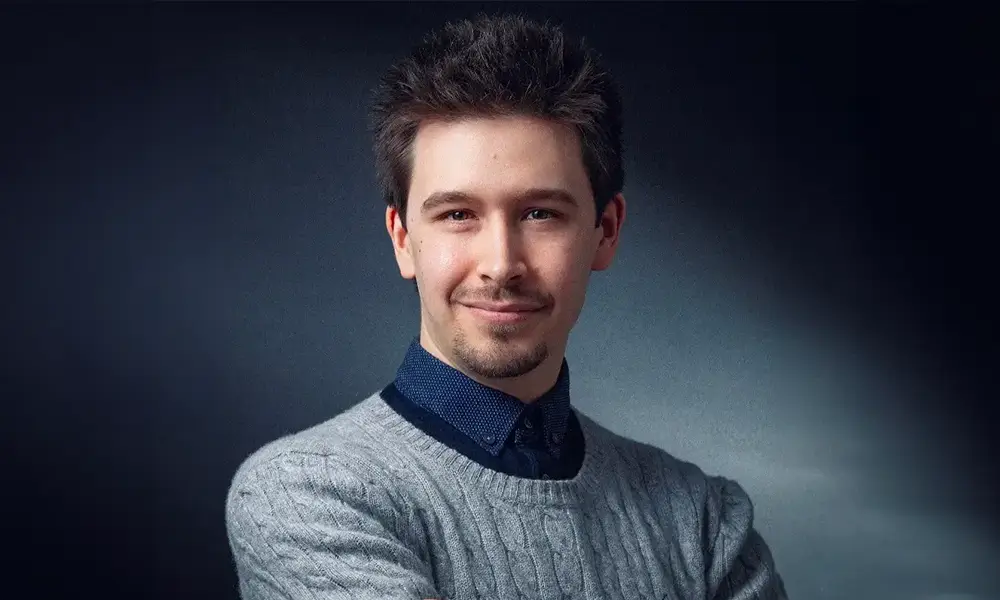Who are you and what do you do? Who are your partners?
After studying business informatics at Saarland University I started my career at SAP, where I worked as a Business Intelligence Consultant for some time. I am currently doing my doctorate in Process Mining at the Institute for Information Systems at the German Research Center for Artificial Intelligence (DFKI). My Software Campus project “SIMILaR“, which I am working on together with Software AG, also deals with this topic coupled with questions about software usability.
How long have you been with Software Campus and why are you in the program?
I’ve been part of the Software Campus since October 2012. What particularly attracted me to the program was the desire to implement my own idea with an established industry partner, the good opportunities to build a promising network, the exchange with other application-driven scientists, and of course the elitist character of the Software Campus.
What do you expect from Software Campus?
I hope to gain more experience in project management through the implementation of my idea with a team of employees, scientific assistants and in cooperation with my industrial partner. I can directly apply the knowledge I learn during the executive training. This is how I gain real experience and not just a few insights. In this context, I am particularly interested in the mentoring program, where I can draw on the expertise of experienced executives at management level. Last but not least I would, of course, also like to successfully implement my project idea and establish it in practice and science.
What is the content of your IT project and how could it be applied in the future?
My IT project combines process mining technologies with questions of software usability. I try to operationalize the usability of software through a process-oriented perspective. This can uncover difficulties in the use of software, for example by automatically recognizing that the software is being circumvented at certain points or that detours are accepted. In addition, new application scenarios are identified for which the software is not actually designed. This enables systematic further development on the basis of automatically collected and real customer requirements. Since this procedure is expected to be significantly more cost-effective than previous approaches for improving software usability, small and medium-sized companies will also be able to address this topic more specifically in the future.
What is it that fascinates you about computer science?
New technologies enter daily life at a very high speed, simplifying and enhancing it. At the same time, computer science follows strict rules that do not allow for mistakes. This combination of versatility and fixed rules is extremely exciting for me and makes every task a new challenge.
What did you like most about Software Campus so far?
The executive trainings and the exchange with other participants are very interesting. Through this you can always find new impulses for the organization and implementation of your own IT project.
In your opinion, what skills do top executives need to have in order to be successful today?
In my opinion, a top executive today must keep an eye on the essentials and be able to recognize trends early on. He must seize innovations at an early stage and be able to motivate and lead his employees in a unique way and thus place the company in the market with high performance. As a result, soft skills are increasingly essential in addition to indispensable analytical skills.
What’s your passion – besides your job and Software Campus?
In addition to my job and Software Campus, I work as a freelancer in IT with a focus on web development and process optimization. In addition, I coach children and young people in the local gymnastics club, which has about 1000 members and whose board I am a volunteer member of. In my private life my heart beats for my small family with wife and son, who support me in all my activities with great enthusiasm.
